Lifestyle
10 Signs You Grew Up Before the Internet Took Over
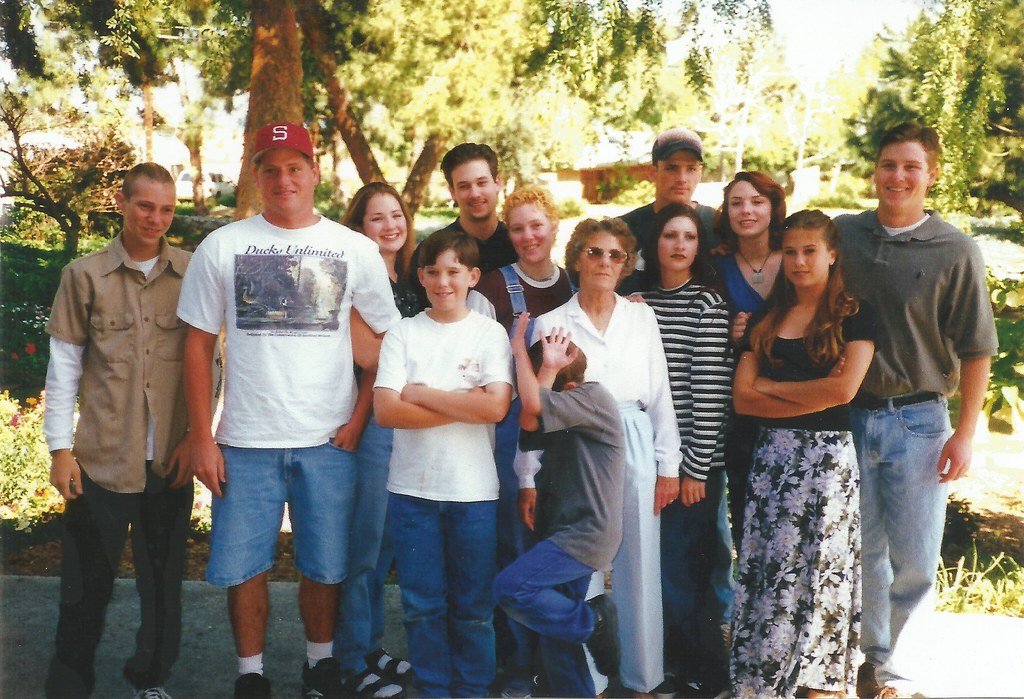
Growing up before the internet became part of daily life felt completely different. Everything moved slower, plans were made with phone calls, and fun didn’t come with a screen. You didn’t scroll, stream, or refresh. Instead, you waited, played, and made the most of what you had. If these things sound familiar, there’s a good chance you grew up in that offline world. Here are 10 signs that prove it.
You Remember Waiting Days for Photos to Be Developed
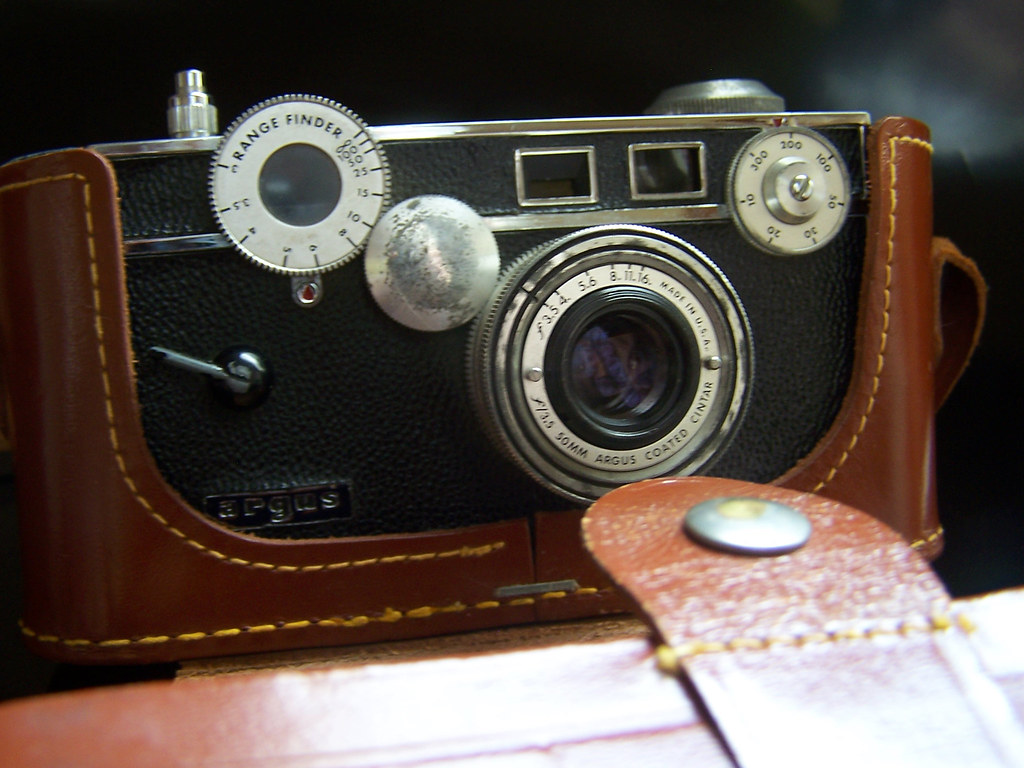
Taking pictures wasn’t instant. You used a film camera, picked your shots carefully, and waited days to get them developed. Picking up prints was exciting because you never really knew how they’d turn out. Blurry faces, thumbs in the corner, and accidental double exposures were part of the charm. Photos felt special because they weren’t disposable. You couldn’t take a hundred and delete the bad ones. Every picture had weight.
You Had to Use a Phone Book to Find a Number
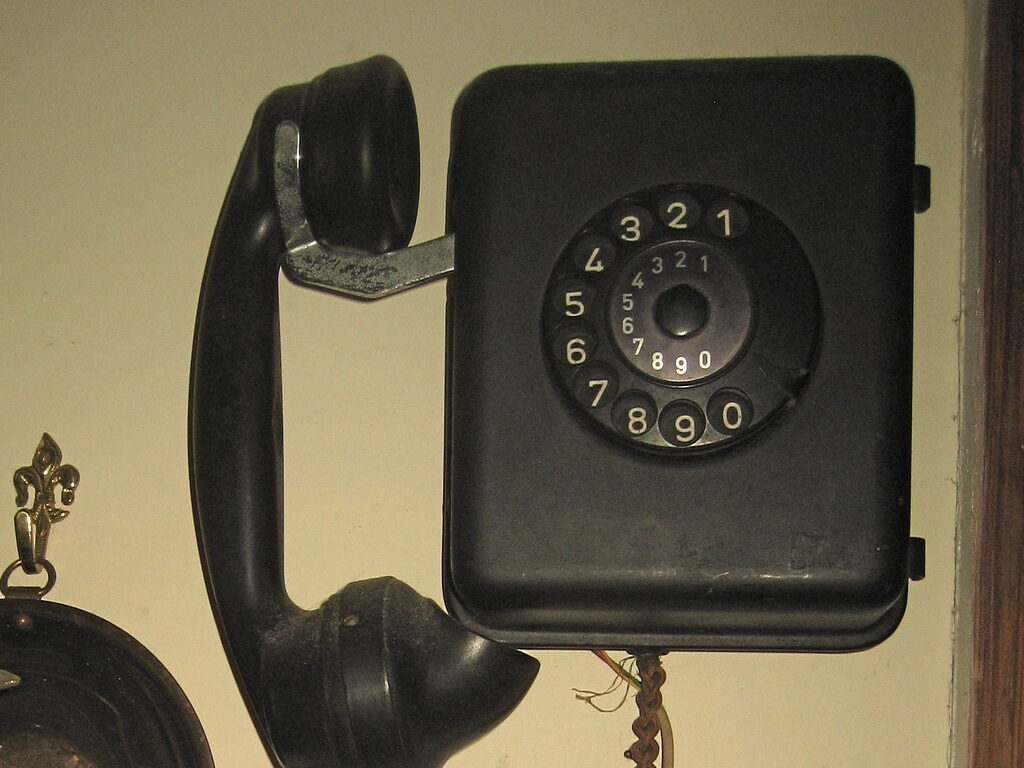
Before search engines, you found people by flipping through a thick phone book. Whether it was the yellow pages for businesses or the white pages for homes, everyone had one next to the phone. You ran your finger down the listings, hoping they hadn’t moved. It was slow but reliable. The book was also used for other things—like boosting your height at the dinner table. It wasn’t fast, but it worked.
You Watched Saturday Morning Cartoons on a TV Schedule
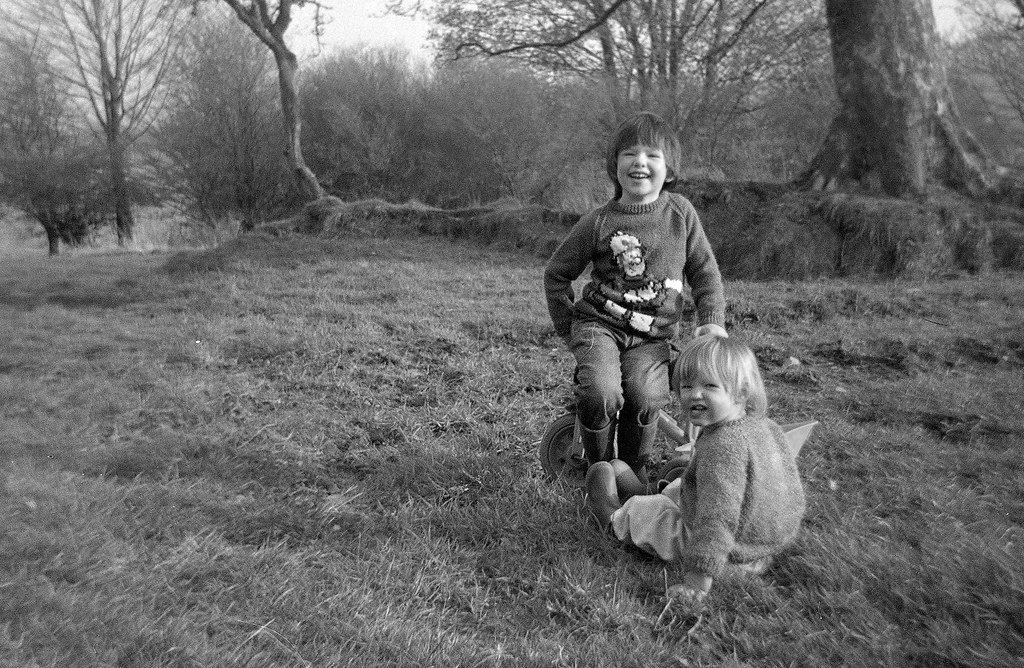
Cartoons didn’t run all day. They showed up once a week, and if you weren’t in front of the TV on time, you missed them. You’d wake up early, grab cereal, and sit as close to the screen as you were allowed. Kids knew exactly what show came on and when. There were no do-overs or on-demand. Saturday mornings felt special because that was the only time cartoons really mattered.
You Made Plans Without Texting First
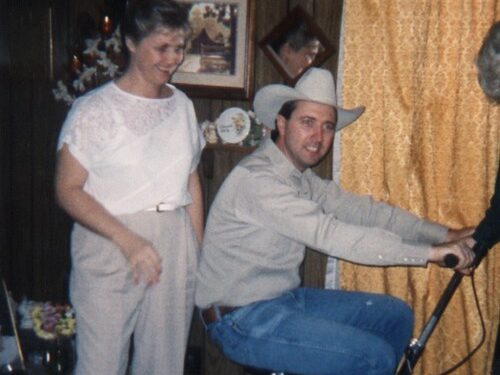
If you wanted to hang out, you called their house and hoped someone would pick up. If not, you tried again later or just showed up and knocked. There were no typing bubbles or ETA updates. If someone said they’d meet you at the park, you went and waited. No GPS, no reminders. You figured it out as you went. Plans happened, even if they weren’t perfect, and somehow, that made them more fun.
You Had a Landline Phone and Knew Everyone’s Number
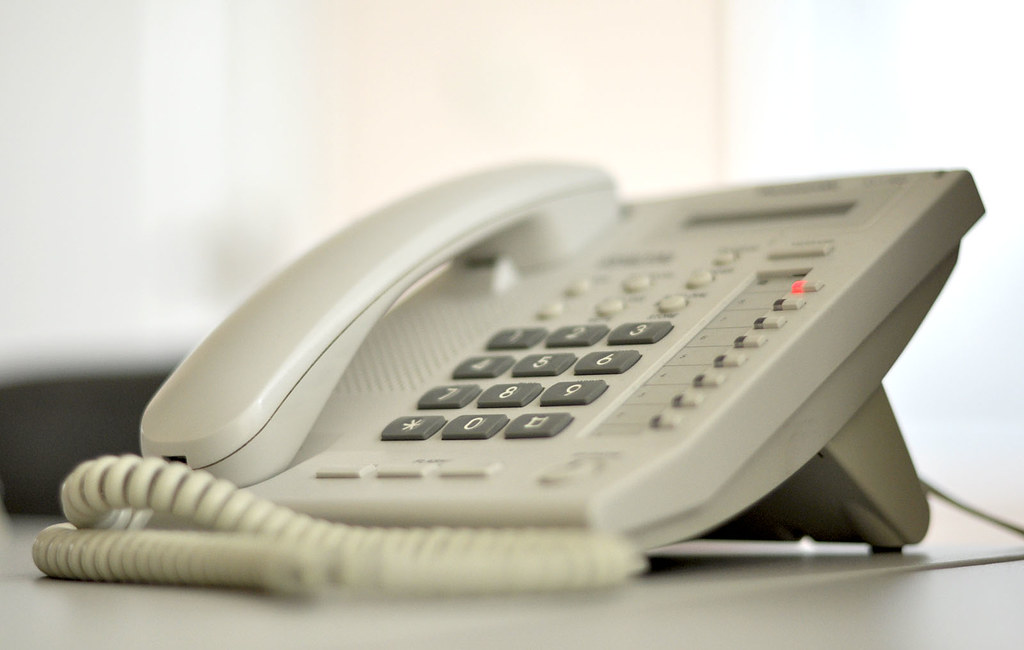
Every home had a landline, and memorizing phone numbers was just something you did. You knew your best friend’s number, your neighbor’s, and probably the local pizza place too. If the phone was busy, you waited your turn. Privacy meant stretching the cord as far as possible and closing a door. If someone else answered, you had to ask for who you were calling. It was normal, and no one questioned it.
You Played Outside Until the Streetlights Came On
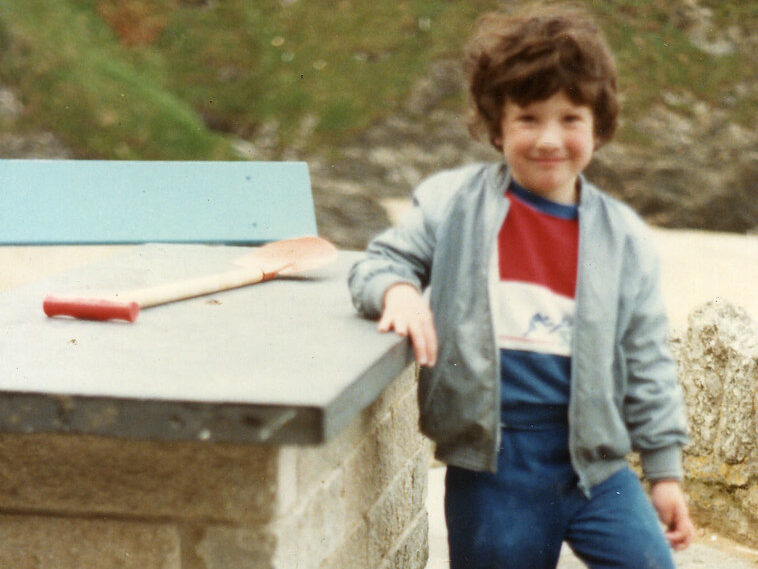
After school, you didn’t ask what to do—you just went outside. Someone was always riding a bike or setting up a game. You figured things out on the spot. Parents didn’t track you, and nobody texted updates. The only rule that really stuck was to come home when the streetlights came on. That soft glow meant it was time to head back, no reminder needed.
You Burned Mix CDs or Taped Songs Off the Radio
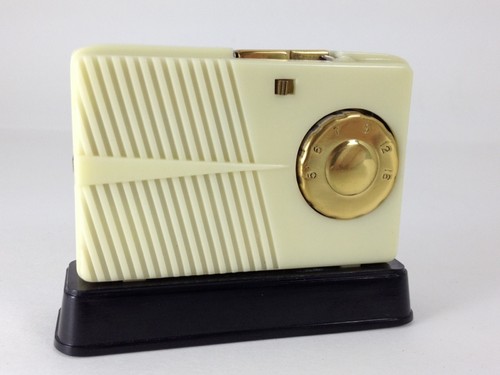
You didn’t just make a playlist. You waited by the radio with a blank tape, trying to hit record before the DJ started talking. Most times, they still talked over it, and you kept the song anyway. Later, you burned CDs, picked the songs that felt right, and wrote the tracklist on the case with a pen that was already half-dried out. It wasn’t fancy. It just meant something.
You Used Encyclopedias for Homework
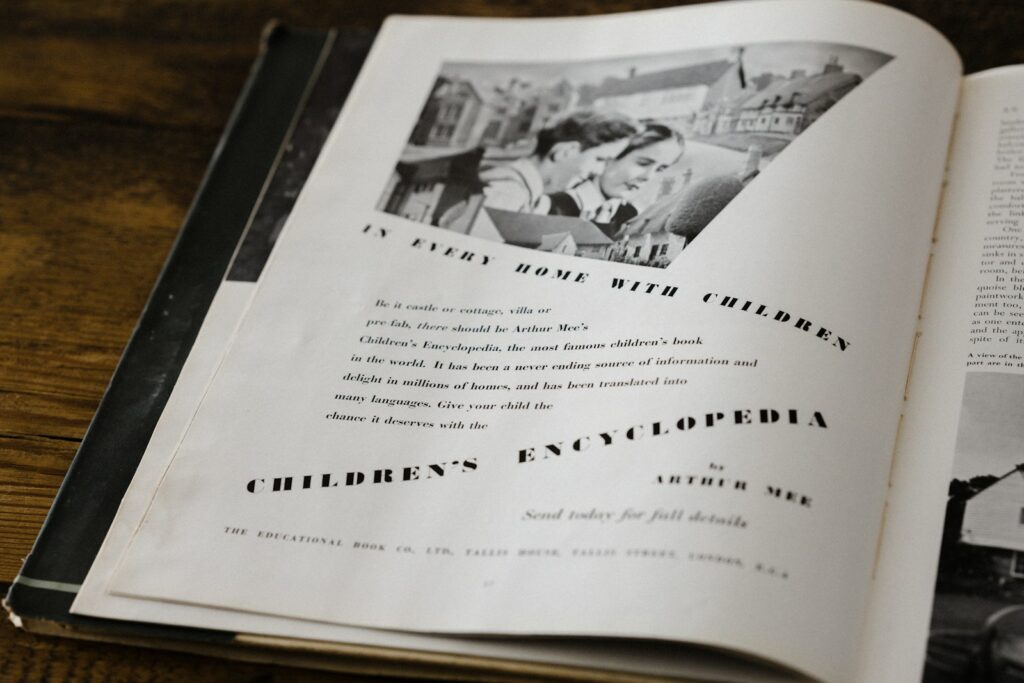
Doing research wasn’t quick. You grabbed one of those giant hardcover volumes, flipped through pages, and hoped it had something useful. If not, you’d settle for whatever came closest. The info might’ve been old, but it was all you had. You wrote everything down by hand, probably copied a bit word for word, and crossed your fingers, and it sounded smart enough. It wasn’t perfect, but it got the job done.
You Had to Wait for Dial-Up Internet to Connect
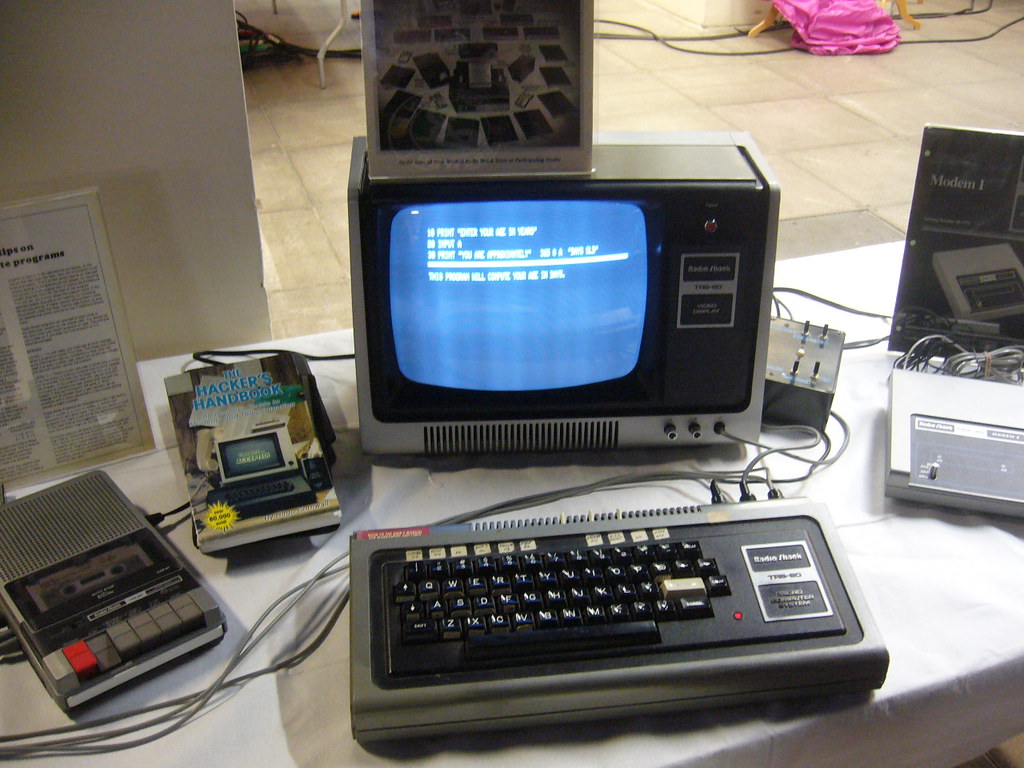
Getting online meant waiting for dial-up to finish screeching its way to a connection. You couldn’t use the phone and the internet at the same time, so everyone had to take turns. Loading a page or checking email was slow, and sometimes it failed completely. Still, it felt exciting to be connected. The internet was new and unpredictable. You didn’t stay online all day. You used it when you could.
You Owned Toys That Didn’t Need Screens or Batteries

Toys didn’t light up, talk, or need to be recharged. You had dolls, action figures, blocks, and board games. Fun came from what you did with them, not what they did on their own. You made up rules, created stories, and figured things out without instructions. If something broke or got lost, you kept playing anyway. Toys were simple, and that simplicity made them feel like they could last forever.

